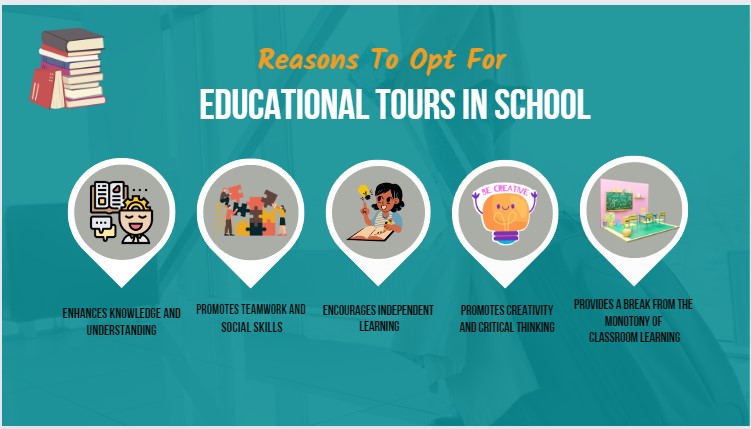In an increasingly digital age, the educational landscape is transforming rapidly. Among the most beneficial yet often underutilized educational tools are outdoor school excursions. These trips offer students hands-on experiences that can’t be replicated in a traditional classroom setting. By integrating subjects such as logic, science, and robotics, outdoor school excursions can significantly enhance learning, foster critical thinking, and ignite a passion for discovery.
The Importance of School Excursions
School excursions provide an opportunity for experiential learning, which is critical for cognitive development. Unlike theoretical knowledge acquired in a classroom, outdoor experiences allow students to engage with their environment directly. This active participation helps solidify concepts and enhances retention. For instance, visiting a science museum or a botanical garden allows students to see and touch what they have learned in textbooks, making abstract concepts more concrete and understandable.
The Benefits of Outdoor Learning
Beyond academic enrichment, outdoor school excursions offer numerous benefits. They promote physical activity, which is essential for the overall health and well-being of students. Being in nature has been shown to reduce stress, improve mood, and increase focus, all of which are conducive to better learning outcomes. Additionally, outdoor excursions foster social skills by encouraging students to work together, communicate effectively, and develop empathy and cooperation.
Connecting Logic with Real-World Applications
Logic is a foundational element in education, forming the basis for critical thinking and problem-solving skills. Outdoor school excursions offer numerous opportunities to apply logical thinking in real-world scenarios. A trip to an escape room or a puzzle park, for example, can challenge students to use deductive reasoning and logical sequencing to solve problems. These activities not only make learning fun but also teach students how to approach complex problems methodically, a skill that is invaluable in both academic and real-world settings.
Science in the Great Outdoors
The natural world is a vast, open classroom that provides endless opportunities for scientific exploration. Outdoor school excursions can bring science to life in a way that classroom learning simply cannot. For example, a visit to a nature reserve or a national park allows students to study ecosystems, observe wildlife, and understand the principles of conservation firsthand. These experiences foster a deeper appreciation for the natural world and highlight the relevance of scientific principles in everyday life.
Field trips to places like geological formations, weather stations, or laboratories also provide practical insights into various scientific fields. Students can see the application of physics in understanding weather patterns, the role of chemistry in environmental conservation, or the principles of biology in wildlife preservation. By witnessing these applications, students can better appreciate the interconnectedness of scientific disciplines and their impact on the world.
Integrating Robotics in Outdoor Learning
Robotics is a rapidly growing field that combines engineering, computer science, and technology. Outdoor school excursions can offer unique opportunities to explore this exciting discipline. Visiting tech parks, innovation hubs, or science and technology museums allows students to see cutting-edge robotics in action. They can interact with robots, understand their functioning, and even engage in hands-on activities such as programming simple robots.
Moreover, outdoor robotics competitions or challenges can be an excellent way to integrate fun and learning. For instance, setting up a robotics obstacle course in a park or a school playground encourages students to apply their knowledge of robotics in a practical setting. Such activities not only reinforce theoretical knowledge but also enhance teamwork, creativity, and problem-solving skills.
Overcoming Challenges
While the benefits of outdoor school excursions are clear, organizing them can pose certain challenges. These include logistical issues, safety concerns, and budget constraints. However, with careful planning and community support, these challenges can be overcome. Schools can collaborate with local businesses, museums, and educational centers to create affordable and safe excursion opportunities. Additionally, involving parents and the local community in planning and execution can provide valuable resources and support.
Outdoor school excursions are an invaluable educational tool that offer numerous benefits across various disciplines, including logic, science, and robotics. By providing hands-on experiences and real-world applications, these excursions enhance learning, foster critical thinking, and ignite a passion for discovery. Despite the logistical challenges, the benefits to students’ academic and personal development make outdoor school excursions a worthwhile endeavor. As education continues to evolve, integrating more outdoor learning opportunities will be crucial in preparing students for the complexities of the modern world.



